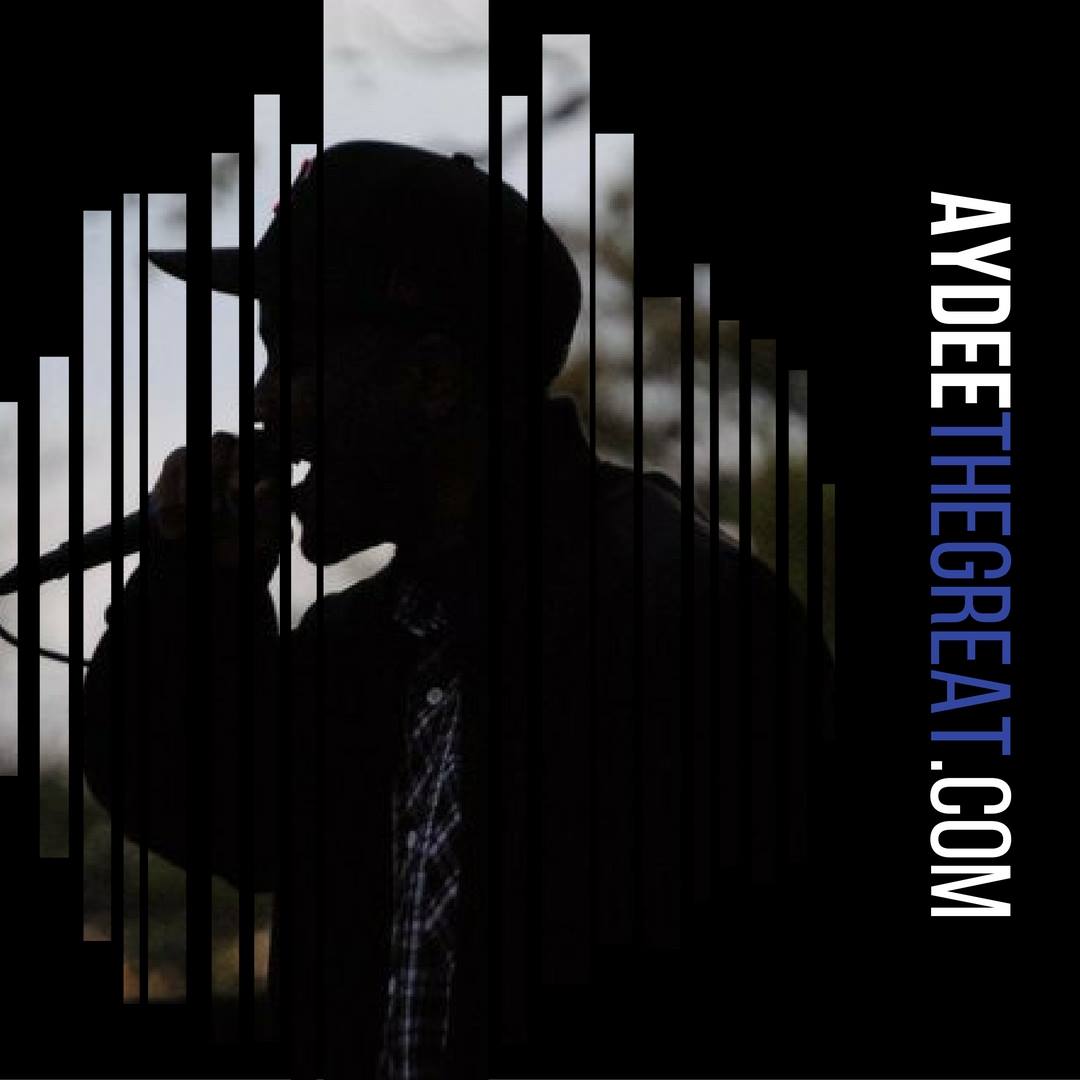When A.D. Carson was in fourth grade at Durfee Elementary School in Decatur, Illinois, his teacher asked the class to write a paragraph about a picture hanging on the wall. The picture was of children playing, and Carson asked his teacher if he could make his paragraph rhyme.
She agreed—encouraged him, even—and soon after gave Carson two dusty volumes, one of American poetry and another of African-American poetry (“apparently those are different things,” Carson says) that he read again and again. Every assignment Carson had from that point on, he wanted to make rhyme.
So it makes perfect sense that, years later, after rhyming his paragraphs and discussing poetry with U.S. Poet Laureate Gwendolyn Brooks through letters, Carson would rhyme his doctoral dissertation—a rap album called Owning My Masters: The Rhetorics of Rhymes & Revolutions.
Carson, who graduated this spring from Clemson University with a Ph.D. in rhetorics, communication and information design, is UVA’s first assistant professor of hip-hop and the global South. Before he stands up in front of a class, though, he’ll take to the local stage on Friday, at this month’s Telemetry Music Series at The Bridge Progressive Arts Initiative, and make students of his audience.
“When I see a young person who’s an artist, it’s my duty to listen and be supportive and say, ‘This matters. It’s really important that we have people whose work is this way.’”
A.D. Carson
That’s what art is for, after all: Be it hip-hop, dance, painting or sculpture, Carson believes it all has the ability to make us more empathetic people. We just have to do the work; we have to open our eyes to see and our ears to hear.
Owning My Masters is the product of a lot of work—academic, social, political, personal, artistic—on Carson’s part (and many others, from Carson’s producers, Truth and Preme, to Malcolm X, from Tupac and Billie Holiday to the slaves who worked the plantation where Clemson University now stands). The album does work of its own, addressing, among many other things, racism in America; complex questions about the nature of the dissertation and academia; the institutionalization of hip-hop; and the validity of the black voice, body and experience. Owning My Masters also expects a lot of work from the listener, whether that listener is into hip-hop or not—and that work needs to be done, in Charlottesville and elsewhere.
It’s already begun, of course, in the local hip-hop scene. “I’d be willing to wager that, there are lots of folks in that community that represent and come from, or are listening to, this particular form, who have been aware and dealing with this ‘new thing’ [racism and, to another extent, the presence of the Ku Klux Klan and other hate groups] that these folks have just become aware of, for a really long time,” says Carson. “Everybody’s treating it like a weed, and perhaps it’s flowering because of what’s been planted here. And if you want to combat it, then why not look to and draw from those communities that have been contending with it for a really long time?”
Listen to one of the tracks on Owning My Masters, and you’ll hear layers of sound and words, each of which holds meaning. On his dissertation website, Carson has annotated most of the 34 tracks, pointing toward much of what’s going on in the song (not everything, though—remember, the listener has to do the work to fully participate).
One of the tracks, “Ferguson, MO,” layers audio of the protests that occurred in Ferguson, Missouri, in August 2014 over a track of Elvis Presley singing “In the Ghetto.” Carson wants the listeners to ask themselves: What does it mean to have Elvis Presley, a white musician whose own music was highly influenced by and heavily borrowed from that of black musicians, singing a song about generational poverty in Chicago that’s playing under an audio recording of a protest occurring after 18-year-old Michael Brown, a black man, was fatally shot by a white Ferguson police officer on August 9, 2014? What is that sonic experience, and what are the questions being asked in that layering, in that juxtaposition? If it’s not clear on the first listen, listen again. Google the names. See where you can empathize.
Another track, “Talking to Ghosts,” samples 12 Years a Slave and features pop culture scholar and hip-hop artist Chenjerai “Bad Dreams” Kumanyika, one of Carson’s dissertation committee members. Carson and Kumanyika arrived on the Clemson campus, situated on what was John C. Calhoun’s plantation, at the same time and went together to see 12 Years a Slave, the story of Solomon Northup, a musician and free black man from New York who is abducted and sold into slavery. Carson and Kumanyika trade off verses, and in one, Carson says, “God bless the child that can hold it in / Believe…enemies bleed when I hold my pen,” referencing Tupac Shakur’s “Hold Ya Head Up,” which itself references Billie Holiday’s “God Bless the Child.”
By seeking out these references, this history, the listener gets an education, and in Carson’s eyes, education—and not only the ivory tower, academic definition of education—is of the utmost importance.
“This work, and education, educating and interrogating our history, interrogating our present and really thinking about what empathy means to us, these are matters of life and death,” and we cannot tiptoe around them any longer, says Carson, adding, “I don’t see myself pulling any punches.”


